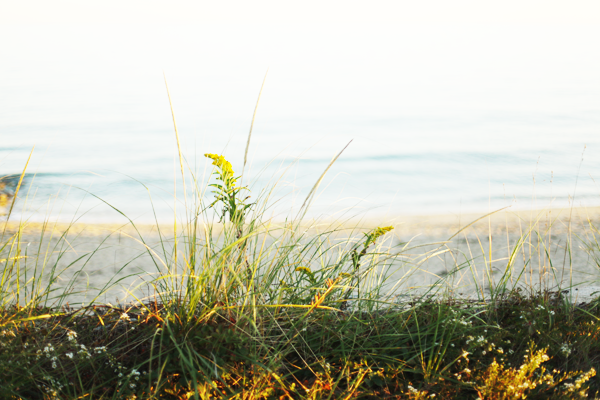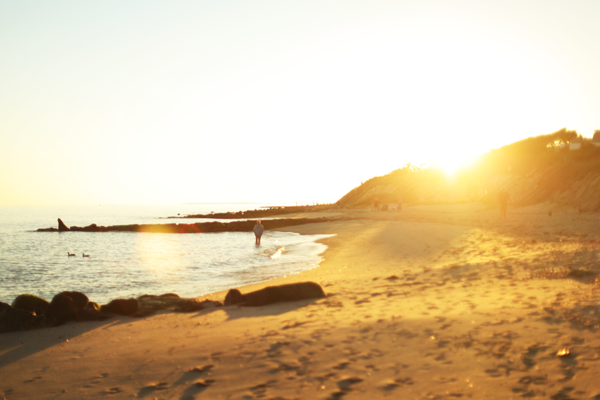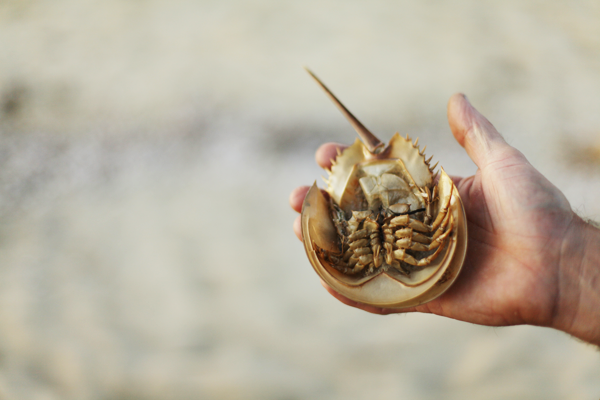Cape Cod by sunset













Apparently it is a very lucrative global business, to harvest horseshoe crabs and their milky blue blood for biomedical research (their blood has no hemoglobin, but copper which makes it blue).
Because someone stole their blood.















Why I love your Blog?
-I get to tag along and see beautiful places :)
-I love your healthy food options.
Thanks for sharing♥
Jenettes: Unfortunately many of the horseshoe crabs that we found on the beach were complete crabs, not only the shells :( A tourist site like Cape Cod Online wouldn't want to mention the human killing of an endangered animal, that would probably not look good on such a beautiful natural haven aimed for recreation.
http://www.postandcourier.com/article/20130609/PC16/130609272
Thanks for reading Diana!
Thank you for the extended comments, I appreciate the conversation. I too hope all those crabs were only molts. But it seems to me that Cape Cod, as much of the East Coast in general, is an area of horseshoe crab harvesting. This is what I found:
"Currently, the crabs are harvested when they beach themselves to breed, where it is easy to capture them. "If the crabs are bled and then returned to the beach in a disoriented condition, they might be less likely to breed. This has the potential to exacerbate the population declines that are already occurring in parts of the east coast, including Delaware and Cape Cod," the University of New Hampshire said in a statement."
That was found here: http://www.natureworldnews.com/articles/6163/20140224/horseshoe-crab-blood-harvesting-practices-questioned-researchers.htm#ixzz3Fmv2Qxer
This is the bleeding facility on the Cape (in West Falmouth) where the horseshoe crab's blood is extracted at: http://www.acciusa.com/
Of course they say that "one crab can survive multiple bleedings like human blood donors and that the crabs, when returned to their spawning areas, continue to breed without ill effect."
But it is also a 50 million dollar market so I would take the lab peoples words with a grain of salt.
Read more here: http://www.nccoast.org/m/article.aspx?k=fd98b117-6ccb-444a-9cdf-2f268f503507
It would be great if a majority or all of those beached crabs on the Cape were molts only, but I don't think we can be absolutely certain of that, as harvesting also does occur in the area.
We absolutely loved the laid back ambiance and of course the sea and nature of Dennis Port. Look forward to visit again next season!
Well, estimates of mortality rates following blood harvesting is still up to 30%. So they do die. What these lab people talk about is about the ones that survive. It is evident that this species is declining in number.
Oops, don't know if my other comment went through, but here is a very good documentary on the crabs (and the migratory seabirds that depend on them).
Also, if you ever find a tagged crab, note the tag number, location found, and date (then let the crab go of course). Call in the info or report it online and you'll get a certificate of appreciation, info on where the crab was tagged, and a beautiful little pewter pin. A friend of mine who's something of a naturalist got one and although I'm not a particularly acquisitive person I now really want to find a tagged horseshoe crab to report, they're lovely!